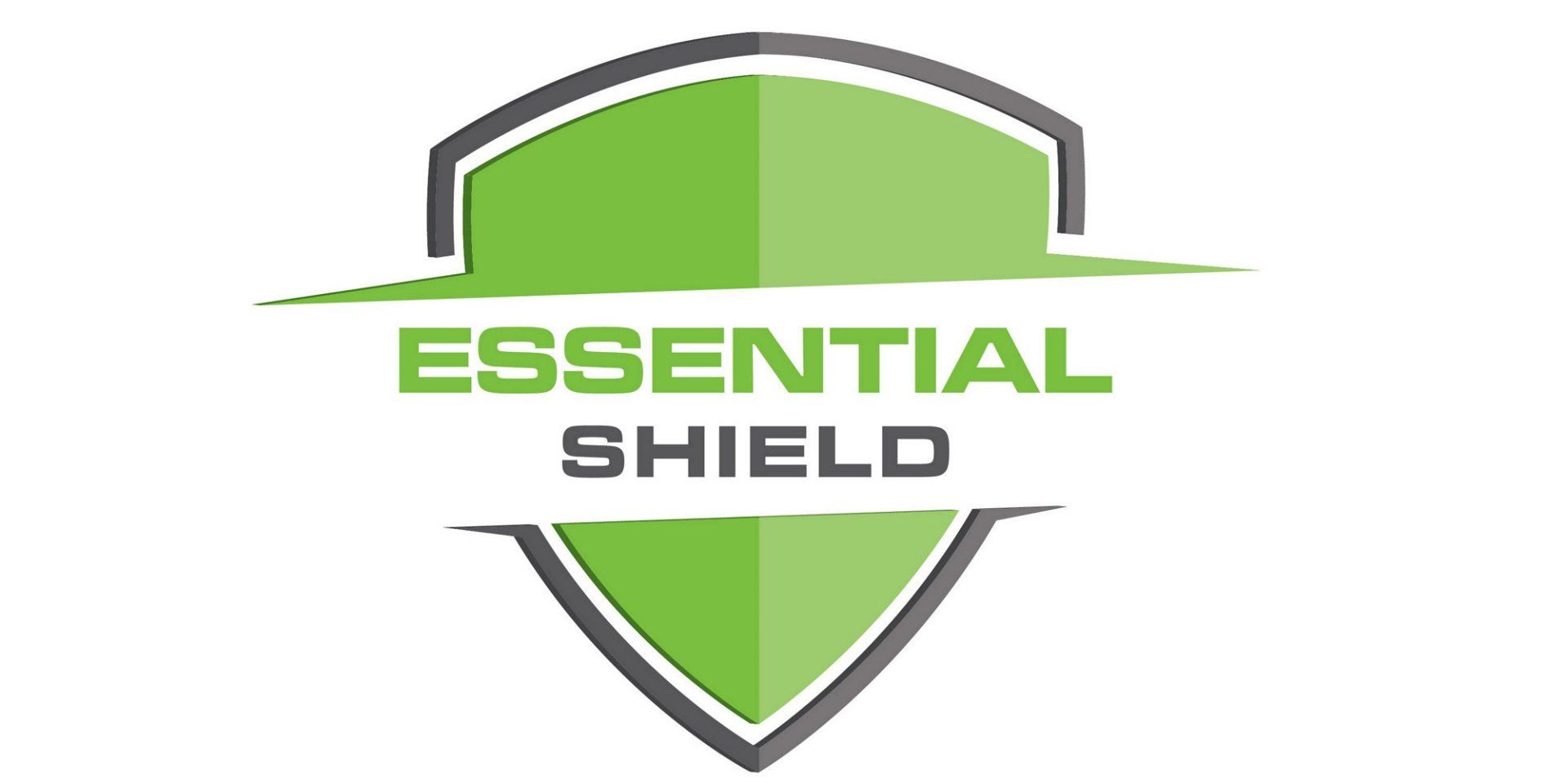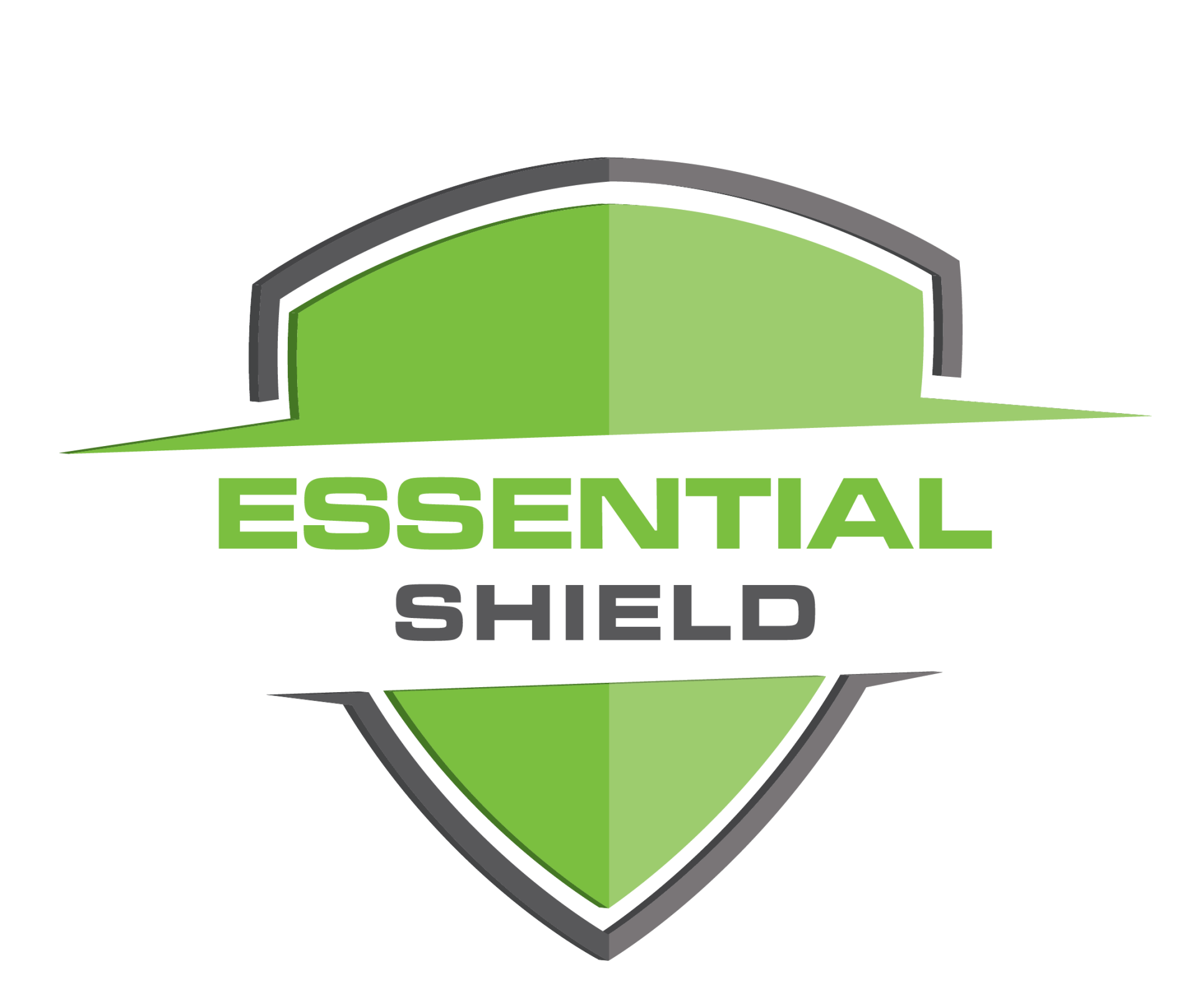Does Glen 20 Kill Mould? Unveiling the Myths and Realities
As a homeowner, dealing with mould can be quite a daunting task. It seems to appear out of nowhere, infiltrating your otherwise serene spaces and creating an unsightly mess. One of the commonly asked questions in the realm of mould remediation is, "Does Glen 20 kill mould?" Let's dive deep into this matter and unearth some insights.
Glen 20 and Mould: The Myth vs. The Reality
Glen 20 is a popular disinfectant spray in Australia, widely known for widely used as a spray for disinfecting surfaces and household items. It claims to kill 99.9% germs/bacteria and viruses however when it comes to mould, it's a different story.
Glen 20 is a disinfectant designed to kill bacteria and viruses, not necessarily mould. Mould is a fungus, and while Glen 20 may suppress mould growth in the short term, it's not designed to permanently remove mould spores. According to the Glen 20 FAQ page, their all-in-one disinfectant spray kills the source of mould allergens and controls the growth of mould and mildew on hard surfaces. So does this mean that Glen 20 kills mould?
Well not, really... The product's primary purpose is not to eradicate established mould, but rather to disinfect surfaces. This includes aiding in controlling the growth of mould and mildew on hard surfaces. However, if you're already dealing with a mould issue, Glen 20 isn't the right product. To keep the mould at bay, you would need to consistently spray the affected surfaces, which may not be a practical or desirable solution for many.
On the Glen 20 FAQ page, they recommend spraying surfaces daily to keep them clean and disinfected. However, daily application might not be feasible or advisable in certain areas where mould typically thrives, such as ceilings, damp or less ventilated spaces.
An additional concern is the frequent exposure to the product, especially in households with children and pets. Continuous application of Glen 20 could potentially expose them to certain risks. The product's FAQ page does caution users about its use around pets and children, emphasizing the importance of using it responsibly and according to the recommended guidelines.
So, while Glen 20 could be part of a broader mould prevention strategy, if you're already facing a mould problem, it may not provide a comprehensive solution. This is especially the case for larger, more established infestations or in households with vulnerable individuals like children and pets. In these instances, other mould-specific products or professional mould removal services might be more suitable and effective.
Best Mould Removal Products
When it comes to eradicating existing mould, you may want to consider stronger, more focused alternatives. For instance, products like
Mr Mould by Essential Shield that are designed to eliminate and prevent mould, could prove more effective. Essential Shields products are water carried and powered by five therapeutic grade essential oils, these are Cinnamon, Rosemary, Eucalyptus, Lemon and Clove.
Alternatively, there are plenty of resources available on how you can make your own DIY mould remover using things like vinegar and essential oils. Clove oil and tea tree are popular choices, some also use baking soda. Here are a few popular resources on DIY mould-cleaning products to get you started:
Mould Prevention: A Vital Step
Effective mould management is not just about tackling the existing problem but also encompasses vital steps to prevent future infestations. As the old adage rightly puts it, prevention is indeed better than cure. Understanding the conditions that promote mould growth can arm you with proactive measures to create an environment that is less conducive to its growth.
1. Maintain a Dry Environment
Mould thrives in damp conditions. Therefore, ensuring that your home maintains a state of dryness forms a critical defensive measure against mould. Regularly inspect for any water leaks in your plumbing system and attend to repairs promptly. Areas such as basements, bathrooms, and kitchens are especially prone to dampness, so additional care should be taken to keep these areas well-ventilated and dry.
2. Improve Ventilation
Poor ventilation can lead to increased humidity, thereby providing ideal conditions for mould growth. Counter this by ensuring that your home is well-ventilated. Make use of exhaust fans in kitchens and bathrooms to facilitate the removal of moisture. Regularly open windows and doors to allow for circulation of air, particularly in spaces that are usually closed off.
3. Monitor Humidity Levels
Maintaining indoor humidity levels within the right range can help deter mould growth. Ideally, the indoor humidity should be kept below 60 percent, but preferably between 30 and 50 percent. To keep a check on this, you can make use of a hygrometer, which is an inexpensive instrument that can measure the amount of humidity in your home.
4. Regular Cleaning
Regular cleaning routines can also help in preventing mould growth. Make it a point to vacuum and dust regularly to remove potential mould spores. Use cleaning products that are designed to kill mould and mildew, especially in high-risk areas such as bathrooms and kitchens.
Investing in Professional Mould Removal Services
In some instances, the scale of a mould infestation may be beyond the capacity of household products and DIY solutions. That's when professional mould removal services come into the picture. They have the expertise, equipment, and appropriate products to deal with mould effectively and safely.
If you're in the South Brisbane area and need professional assistance, you can consider reaching out to Essential Shield Brisbane South. We offer specialised services to handle even the most stubborn mould issues.
For those who aren't in the Brisbane South region and still need professional mould removal assistance? Don't worry, there are several reputable and experienced mould removal companies available nationwide.
When selecting a mould removal service, look for a company that has extensive experience in mould remediation. Additionally, try to find a service provider that uses natural, chemical-free products, particularly if you have young children, pets, or individuals with sensitivities to chemicals in your household. These companies can provide effective mould treatment while reducing the potential risks associated with the use of harsh chemicals.
Remember, the key to successful mould remediation is a professional service that understands the nature of mould, uses appropriate methods and products for its removal, and provides practical advice for preventing future mould growth.
Professional Mould Removal Services (South Brisbane)
At Essential Shield Brisbane South, our expert team provides comprehensive mould removal services, leveraging eco-friendly and safe products like Mr Mould. We offer a suite of services to help you maintain a healthy, mould-free home.
If you're asking "does Glen 20 kill mould?" and seeking a solution for mould growth in your home, consider the limitations of chemical-based products. Instead, opt for natural alternatives or professional services. Ensuring your home is mould-free doesn't have to compromise your health or the environment. Make the wise choice today with Essential Shield Brisbane South.
Discover more about how we can help you manage mould problems in your home. Visit our website or contact us today to learn more.
Wrapping Up: Does Glen 20 Kill Mould?
Circling back to "Does Glen 20 kill mould?" we can conclude that while it can help manage the sources of mould allergens, it may not be the ultimate solution for existing mould. Consider exploring mould-specific products or natural alternatives for effective mould removal. And remember, mould prevention is equally, if not more, essential.
Do you need assistance in dealing with a severe mould infestation? Don't hesitate to reach out to Essential Shield Brisbane South for professional mould remediation services. With the right tools and expertise, we can help make your home mould-free.
Disclaimer: The information provided on this blog is for general informational purposes only. All information on the site is provided in good faith, however, we make no representation or warranty of any kind, express or implied, regarding the accuracy, adequacy, validity, reliability, availability, or completeness of any information on the site. The content is not intended to serve as a substitute for professional advice. Always seek the advice of a qualified professional for any questions you may have regarding a particular issue. Under no circumstance shall we have any liability to you for any loss or damage of any kind incurred as a result of the use of the site or reliance on any information provided on the site. Your use of the site and your reliance on any information on the site is solely at your own risk.
You might also like
Get a call back for a service
We will get back to you as soon as possible
Please try again later
Ipswich to Wellington Point, Brisbane to Helensvale
Essential Shield Brisbane South Mould and Odour Removal Services
Information
Cleaning Services
Our Trading Hours
- Mon - Fri
- -
- Sat - Sun
- Appointment Only
All Rights Reserved | A.B.N. 69955243746








